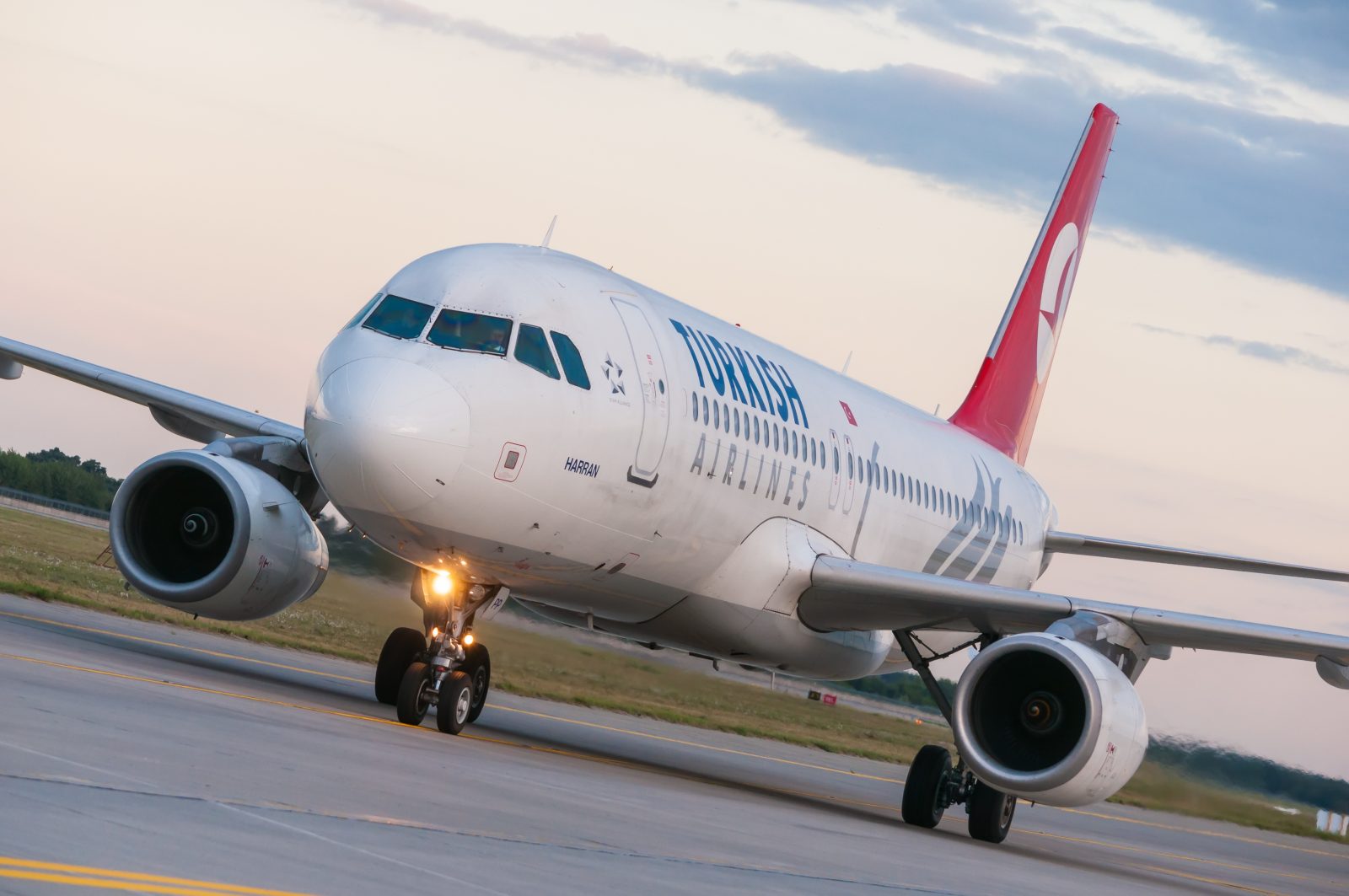
Turkish Airlines was forced to evacuate one of its planes and the bomb squad was called to deal with a threat made against a flight at Warsaw airport in Poland on Sunday evening. The incident occurred less than two weeks after two Turkish Airlines planes readying for departure to Germany had to be moved to a secluded part of Istanbul Airport because of a double bomb threat.
The Turkish Airlines operated Airbus A319 with 103 passengers onboard was taxiing for departure to Istanbul when the bomb threat was received on Sunday. The plane was stopped on the tarmac and emergency services dispatched to assess the threat.
Passengers were led away from the plane using mobile steps before explosive sniffer dogs were sent in to clear the aircraft. The plane was eventually cleared after several hours and the flight eventually departed for Istanbul with a three-hour delay.
On March 25, two Turkish Airlines planes had to be transported to an area of Istanbul International Airport designed to deal with terrorist incidents after the authorities received a tip-off that there might be explosives onboard.
One of the planes was preparing to depart for Munich, while the other was operating a scheduled service to Stuttgart. In total, 250 passengers had to be evacuated from the two planes.
Both aircraft were cleared within hours and allowed to depart for Germany.
Turkish Airlines is no stranger to dealing with bomb threats. At the start of March, terrorism police were called to meet a flight from Oslo to Istanbul after a bomb threat was made while the plane was mid-flight.
After being moved to a secluded area, the plane was yet again searched but nothing suspicious was found.
In 2017, a Turkish Airlines flight from Nairobi to Istanbul made an emergency landing in Sudan after one of the passengers created a WiFi network called ‘Bomb On Board’. And in 2015, a flight from Houston to Istanbul was diverted to Shannon airport in Ireland after a note containing a bomb threat was found onboard.
Several months later, another Turkish Airlines flight to Sao Paolo was diverted to Casablanca because a bomb threat was discovered onboard and weeks later a third flight to Lisbon returned to Istanbul over a bomb threat.
In 2016, a suicide bombing and shooting attack rocked Istanbul’s old Atatürk airport. The terror attack resulted in the death of 45 people and as many as 230 people were injured. Turkish authorities blamed Islamic State for carrying out the atrocity.
Last October, the U.S. Embassy in Istanbul issued an alert saying it had “received credible reports of potential terrorist attacks and kidnappings against U.S. citizens and foreign nationals in Istanbul”.
According to the UK’s Foreign and Commonwealth Office, there is a “heightened risk of terrorist attack against the aviation industry in Turkey”.
Photo Credit: Bychykhin Olexandr / Shutterstock.com
Related
Mateusz Maszczynski honed his skills as an international flight attendant at the most prominent airline in the Middle East and has been flying ever since... most recently for a well known European airline. Matt is passionate about the aviation industry and has become an expert in passenger experience and human-centric stories. Always keeping an ear close to the ground, Matt's industry insights, analysis and news coverage is frequently relied upon by some of the biggest names in journalism.







